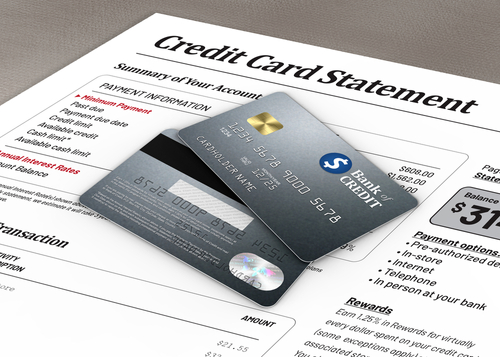The Consumer Financial Protection Bureau (CFPB) has proposed a rule to limit excessive late credit card fees.

The rule change focuses primarily on the immunity provision, which, among other things, allows credit card companies to hike fees with inflation, even if they face no additional collection costs. The CFPB has found that late fee income exceeds associated collection costs by a factor of five. Because the immunity provision currently allows issuers to charge late fees of up to $41, the CFPB believes that a late fee of $8 would be sufficient for most issuers to cover collection costs incurred as a result of late payments.
Thus, this rule change would lower the immunity provision dollar amount for late fees to $8. The $8 immunity provision would apply to any missed payment. Companies would be able to charge above the immunity provision so long as they could prove the higher fee is necessary to cover their incurred collection costs. The CFPB estimates that the proposal could reduce late fees by as much as $9 billion per year.
“Over a decade ago, Congress banned excessive credit card late fees, but companies have exploited a regulatory loophole that has allowed them to escape scrutiny for charging an otherwise illegal junk fee,” CFPB Director Rohit Chopra said. “Today’s proposed rule seeks to save families billions of dollars and ensure the credit card market is fair and competitive.”
In addition, the proposal would end the automatic annual inflation adjustment. The CFPB said the adjustment is not required by law, nor is it necessarily reflective of how collection costs change over time.
Further, it would cap late fees at 25 percent of the required minimum payment. Currently, a card issuer could potentially charge a late fee that is 100 percent above the minimum payment owed by the cardholder. This is more consistent with Congress’s intent to authorize only reasonable and proportional late fee amounts.
The proposal also seeks comment on other potential changes to Credit Card Accountability Responsibility and Disclosure Act, or CARD Act. For example, it requests comment on whether the CFPB’s proposed changes should apply to all credit card penalty fees, whether the immunity provision should be eliminated altogether, whether consumers should be granted a 15-day courtesy period before late fees can be assessed, and whether issuers should be required to offer autopay to make use of the immunity provision.
Comments on this proposed rule must be received on or before April 3 or within 30 days after publication in the Federal Register, whichever is later.